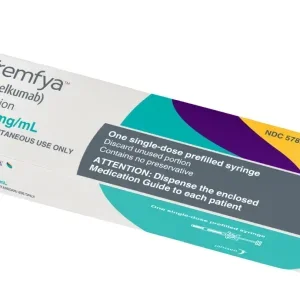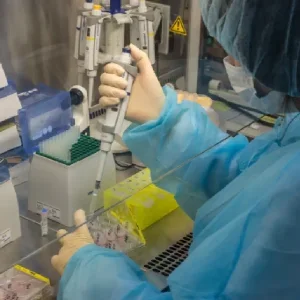
Daiichi Sankyo has initiated a supplemental New Drug Application (sNDA) process with Japan’s Ministry of Health, Labour and Welfare for Enhertu (trastuzumab deruxtecan).
This application focuses on treating adult patients with HER2 positive advanced or recurrent solid tumours that do not respond to or cannot tolerate existing standard treatments.
In Japan, therapies targeting HER2 are currently approved for cancers such as breast, colorecta, gastric, lung, and salivary gland. However, no approved treatments exist for other cancers with HER2 overexpression (IHC 3+) or amplification (ERBB2), said Daiichi Sankyo.
The application draws on data from four phase 2 clinical trials: HERALD, DESTINY-PanTumor02, DESTINY-Lung01, and DESTINY-CRC02. These studies have shown Enhertu’s potential in treating a wide array of tumour types.
Conducted in Japan, the HERALD trial is a multicentre, open-label, single-arm study evaluating Enhertu’s efficacy and safety in patients with HER2 gene amplification in circulating tumour DNA. It includes patients with various cancers such as biliary tract, cervical, and colorectal. The primary endpoint was the confirmed objective response rate (ORR), with secondary endpoints including duration of response (DOR) and overall survival (OS). The trial involved 62 patients across seven sites in Japan, with findings published in the Journal of Clinical Oncology.
DESTINY-PanTumor02 is a global, multicentre, multi-cohort trial assessing Enhertu for previously treated HER2 expressing tumours, including biliary tract and pancreatic cancers. The main endpoint was confirmed ORR, with secondary measures such as DOR and safety. This trial enrolled 267 patients from Asia, Europe, and North America, with results also published in the Journal of Clinical Oncology.
DESTINY-Lung01, another global phase 2 study, evaluated Enhertu in patients with unresectable or metastatic NSCLC, focusing on HER2 mutant and overexpressing cohorts. The primary endpoint was confirmed ORR by independent central review, with secondary endpoints covering DOR and safety. The trial enrolled 181 patients globally, with results for the HER2 mutant cohort published in The New England Journal of Medicine and the HER2 overexpressing cohort in The Lancet Oncology.
DESTINY-CRC02, a global, randomised phase 2 trial, examined two doses of Enhertu in patients with HER2 positive colorectal cancer. The trial’s primary endpoint was confirmed ORR, with secondary endpoints including DOR and safety. It enrolled 122 patients across Asia, Europe, and North America, with results published in The Lancet Oncology.






